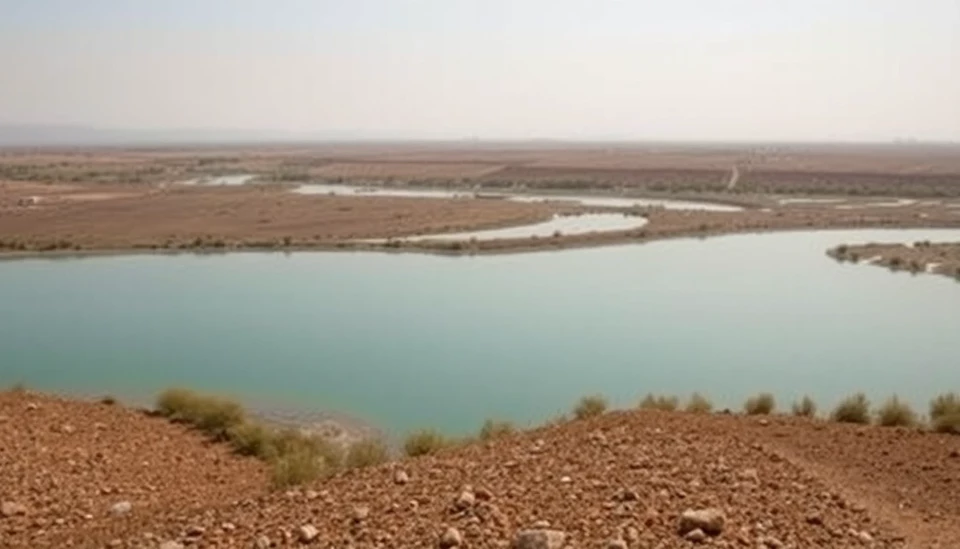
In response to the prolonged drought that has severely impacted its water supply, Algeria is set to embark on a monumental project to transform seawater into drinking water, backed by a hefty investment of $5.4 billion. This initiative is crucial as the country grapples with diminishing freshwater resources that are essential for both agriculture and municipal use.
The Algerian government has recognized the urgent need for innovative water management solutions as drought conditions have intensified over the years. The project aims to significantly expand the country's desalination capacity, which currently falls short of meeting the burgeoning demand for potable water amid climate change challenges.
According to government reports, the ambitious plan will see the construction of new desalination plants along the northern coastline, increasing production capacity to address current and future water needs. Algeria, with its sizeable coastline along the Mediterranean Sea, has immense potential to harness seawater through advanced desalination technologies.
Officials have emphasized that the initiative is not merely a reaction to the immediate drought crisis but part of a broader strategy to secure water resources for the long-term welfare of its citizens and agricultural sectors. With agriculture heavily dependent on water for crops, the consequences of water shortages extend beyond personal consumption, affecting food security and economic stability.
The decision to invest in desalination aligns with global trends where nations facing similar water scarcity issues are increasingly turning to seawater as a viable solution. In addition to investing in new technologies and infrastructure, the program will also seek to improve water management practices throughout Algeria, aiming for a more sustainable approach in the future.
This strategic move encourages technological collaboration and foreign investment, potentially leading to partnerships with international companies specializing in desalination processes and sustainable resource management. Algeria hopes to leverage such collaborations to enhance efficiency and reduce operational costs associated with desalination.
Moreover, the project presents an opportunity to create jobs and stimulate economic growth in regions that desperately need it. Infrastructure development associated with desalination plants is expected to provide employment opportunities and improve livelihoods for local communities.
As the project comes to fruition, it will also require careful planning and consideration of environmental impacts. The government has promised to prioritize eco-friendly methods in desalination processes to mitigate issues such as energy consumption and marine life disturbances.
In conclusion, as Algeria braces for potential further climate challenges, this $5.4 billion investment into desalination represents a critical step toward mitigating the acute water shortages that have plagued the country. With a focus on sustainability, technology, and community engagement, Algeria is poised to tackle its water crisis head-on while laying the groundwork for a secure water future.
#AlgeriaWaterCrisis #Desalination #SustainableDevelopment #ClimateChange #WaterScarcity #Agriculture #Innovation #Investment
Author: Peter Collins




